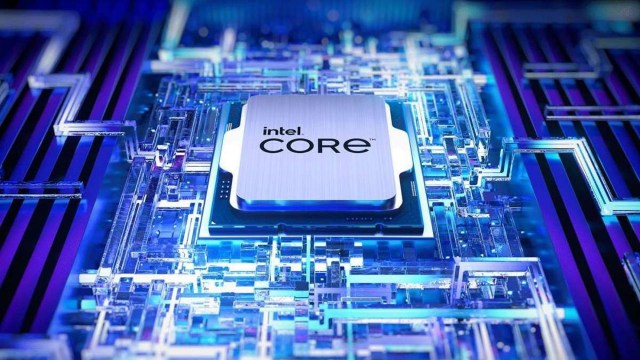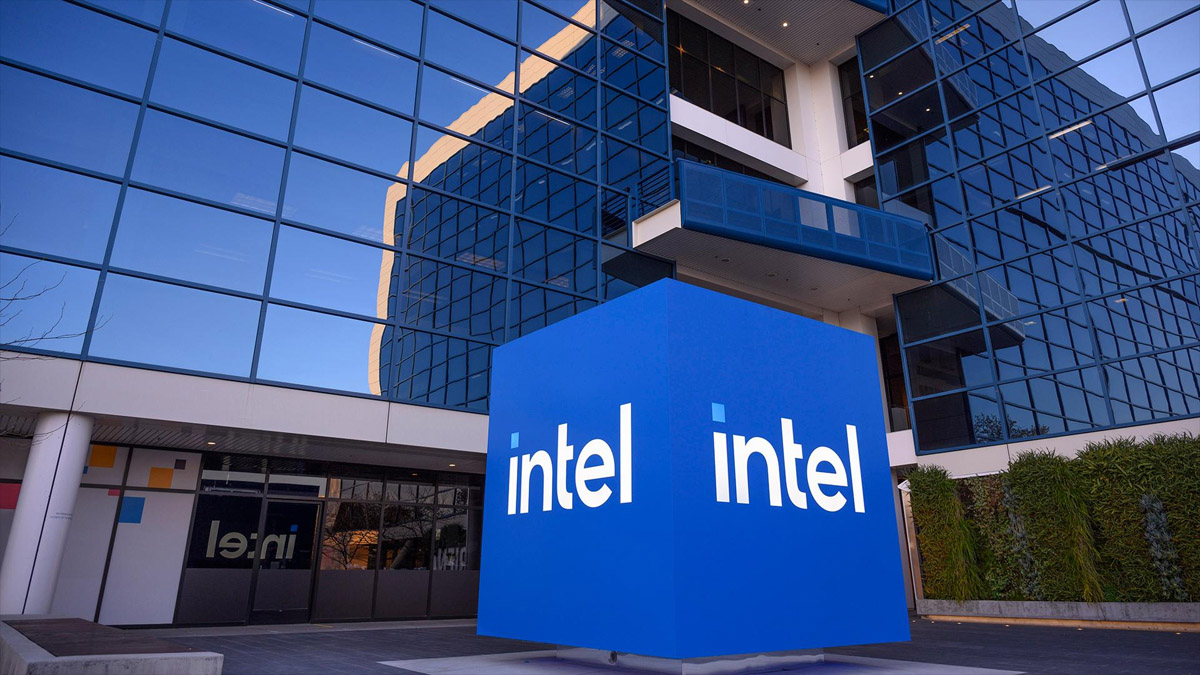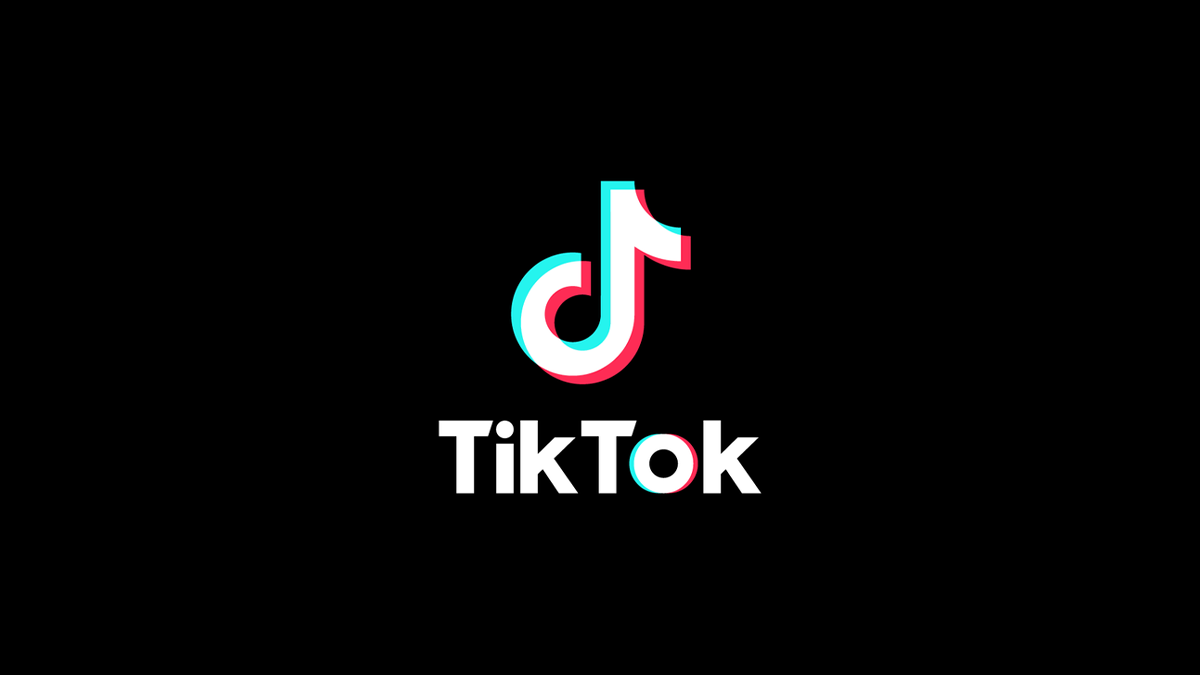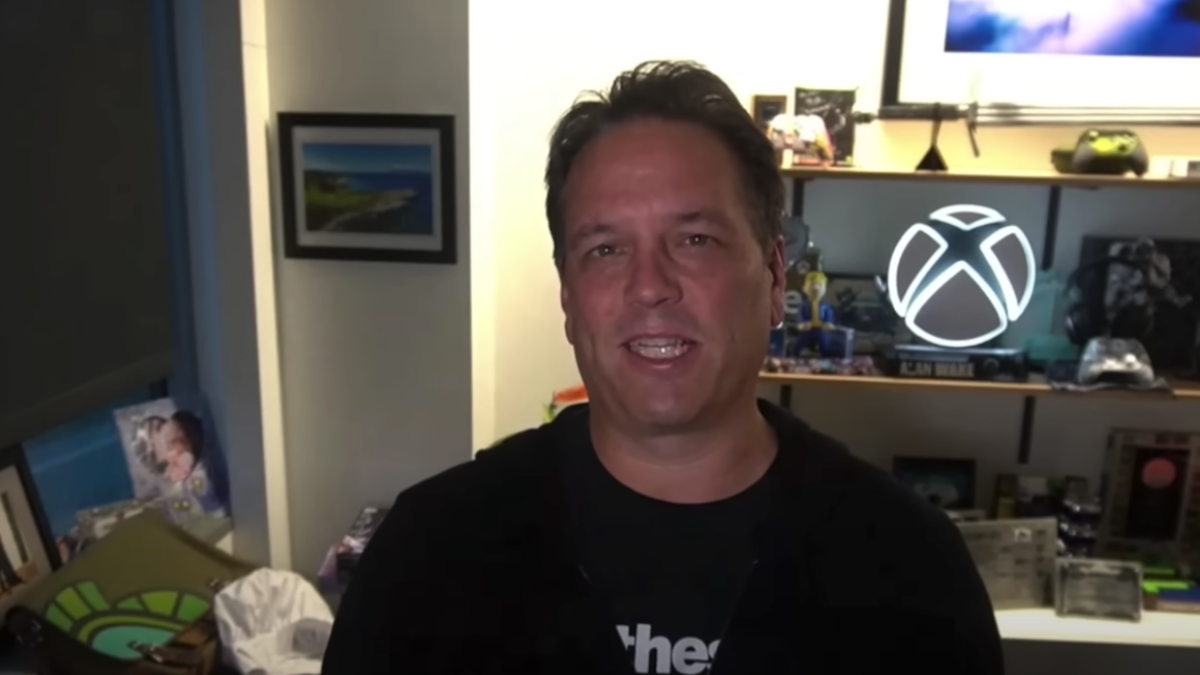Intel chief executive Pat Gelsinger has notified staff the company plans to lay off a massive 15,000 employees—equivalent to 15 percent of its workforce—in order to save $10 billion USD as strong tech competitors AMD and Nvidia sail past the bleeding brand.
Gelsinger detailed more of the company’s intentions following the layoffs in a public memo published on Aug. 1, noting an awareness this news will cause pain to the thousands of people who will be laid off to save costs going into 2025. These layoffs are partially a result of the way Intel and other companies have bet big on new trends in tech such as artificial intelligence, but have not seen the expected returns.

There have been other factors that have determined Intel’s fate, with a report from CNN suggesting Intel made an oversight by failing to invest in the mobile wave that has driven other tech companies forward. Intel earnings have fallen a point this past quarter, while the Aug. 1 layoff and restructuring had the stock market buzzing: The tech giant dropped 33 percent in a single day according to MarketWatch.
Gelsinger emphasized the costs that Intel has incurred as such a large company, stating that it made $24 billion more in 2020 compared to now, adding the workforce is 10 percent larger now than it was back then. He also said the company’s current goal is to take “bolder actions” that stimulate growth while keeping the company lean. “There’s too much complexity, so we need to both automate and simplify processes. It takes too long for decisions to be made, so we need to eliminate bureaucracy. And there’s too much inefficiency in the system, so we need to expedite workflows,” he said.
While not exactly identical, it is noteworthy that these layoffs follow the harrowing past two years the gaming industry has faced (and continues to face this week), outlining a greater trend. Even tech and entertainment giants such as Square Enix or Bungie do not appear nearly as safe as they once were. Larian Studios’ director of publishing Michael Douse is among professionals who have been outspoken about identifying the causes of some of these problems, blaming much of it on corporate greed. Still, Intel seeks to gain.
Although Intel has been heavily focused on the CPU market, the company has only just begun to broaden its horizons, with projects like Intel Arc. These efforts carry the purpose of fighting off competitors like Nvidia, which was named one of the world’s most profitable companies in 2024.
Gelsinger states a determination to drive and “adapt to market realities,” promising even more information in the coming weeks and pledging a culture of “honesty, transparency, and respect.”












Published: Aug 2, 2024 10:00 pm